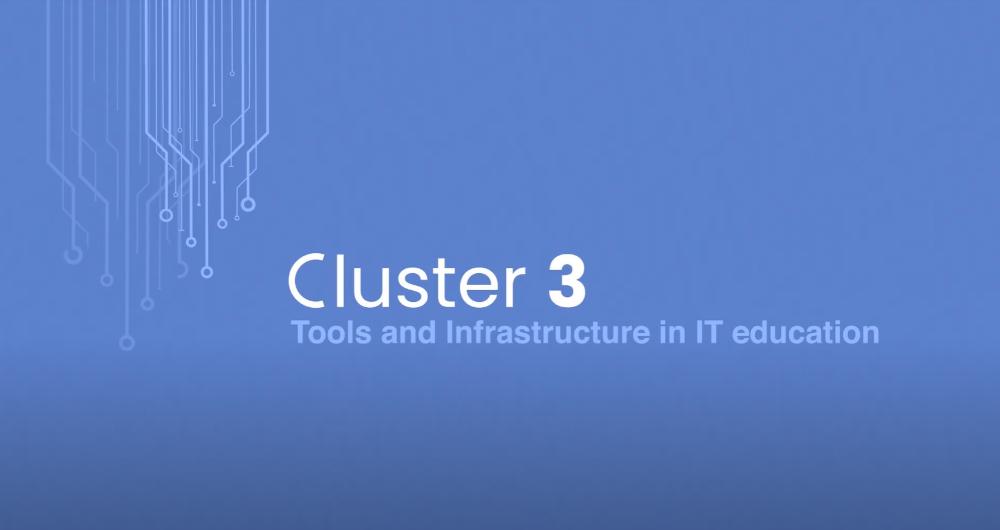Tools and Infrastructure
Cluster 3: Tools and infrastructure
This cluster focusses on activities related to tools, infrastructure and learning spaces:
Tool acquisition competence. Choice of tools should be based on user experiences and research-based evidence of effectiveness, not on anecdotes or bureaucratic purchasing processes. Ill-chosen tools may constrain innovation in learning methods. Excited will contribute by providing guidelines for informed decisions about acquisition of generic mass-market tools for education, selection of more specific tools for CS education, and the optimal use of both groups of tools.
Tool prototyping. Often, mass-market tools lack features that are necessary for supporting specific needs (e.g., innovative learning methods). Excited will contribute by supporting the development and piloting of prototypes for supplementary tools or plugins. We already have efforts in this direction, often involving bachelor and master students, and this will be further strengthened.
Socio-technical aspects. The effectiveness of a tool is not just determined by its features and qualities, but also by how well its usage integrates with the socio-technical structures of the organization, such as legal regulations, learning and teaching approaches, and available learning spaces and equipment. Some tools can be used from anywhere, others need labs or group spaces with special equipment. Excited will produce research-based guidelines for tool evaluation.
Data-driven tool usage. Modern e-learning tools may harvest a lot of information about student work habits and performance, informing both tool and learning improvement. Excited will collaborate more with expertise in learning analytics on how we can utilize large amounts of data, and with expertise in privacy and ethics to make sure that this is pursued within legal and ethical boundaries.

